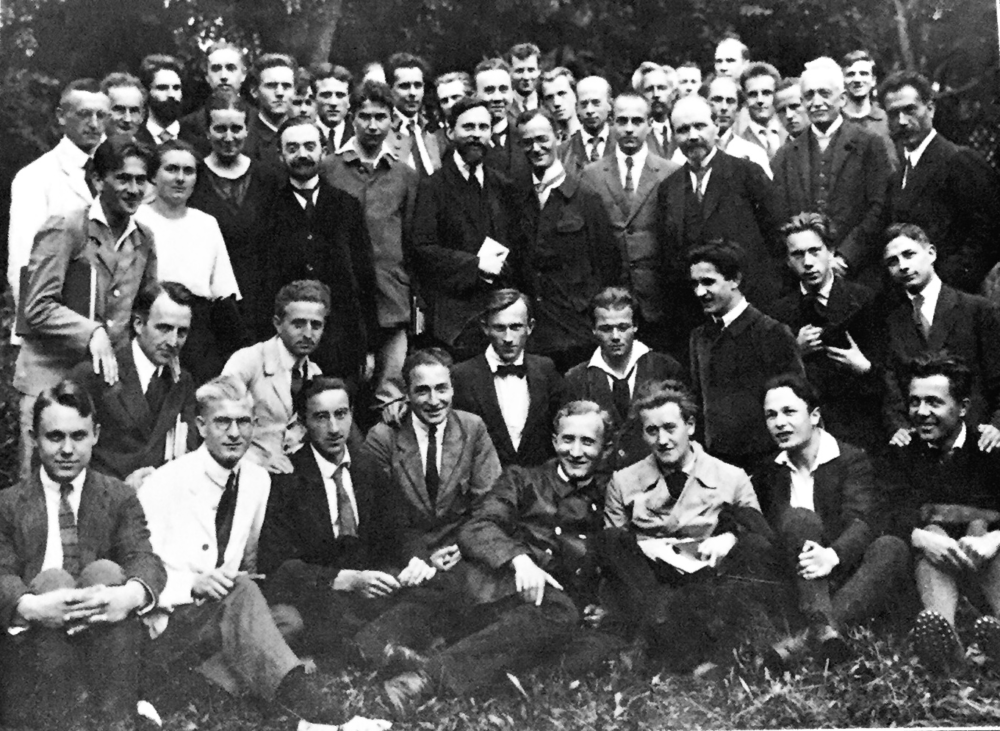Latest News
Kitchen Chat and more…
Kitchen Chat and more…
Click here if you are interested in their PLANS AND FINANCIAL GOALS for the coming year
 In September of 1922, a group of 45 courageous, devoted, and enthusiastic people – both men and women – were gathered together in Dornach, Switzerland. There, with the help of Rudolf Steiner, the inaugurator of modern spiritual science or Anthroposophy, the events took place which led to the founding of what we have come to know as The Christian Community. Read more
In September of 1922, a group of 45 courageous, devoted, and enthusiastic people – both men and women – were gathered together in Dornach, Switzerland. There, with the help of Rudolf Steiner, the inaugurator of modern spiritual science or Anthroposophy, the events took place which led to the founding of what we have come to know as The Christian Community. Read more
–From “Die Gründer Der Christengemeinschaft: Ein Schicksalsnetz” by Rudolf F. Gaedeke, translation by Gail Ritscher
October 5th, 1872 in Dillinger/Donau – March 23rd, 1938 in Hamburg
Rittelmeyer wrested everything he accomplished out of a weak body and a melancholy temperament. He widened his soul in suffering and active service to everything human and divine. His spirit, however, became a potent force that affected those who worked with him, radiating certainty of life and trust in God.

